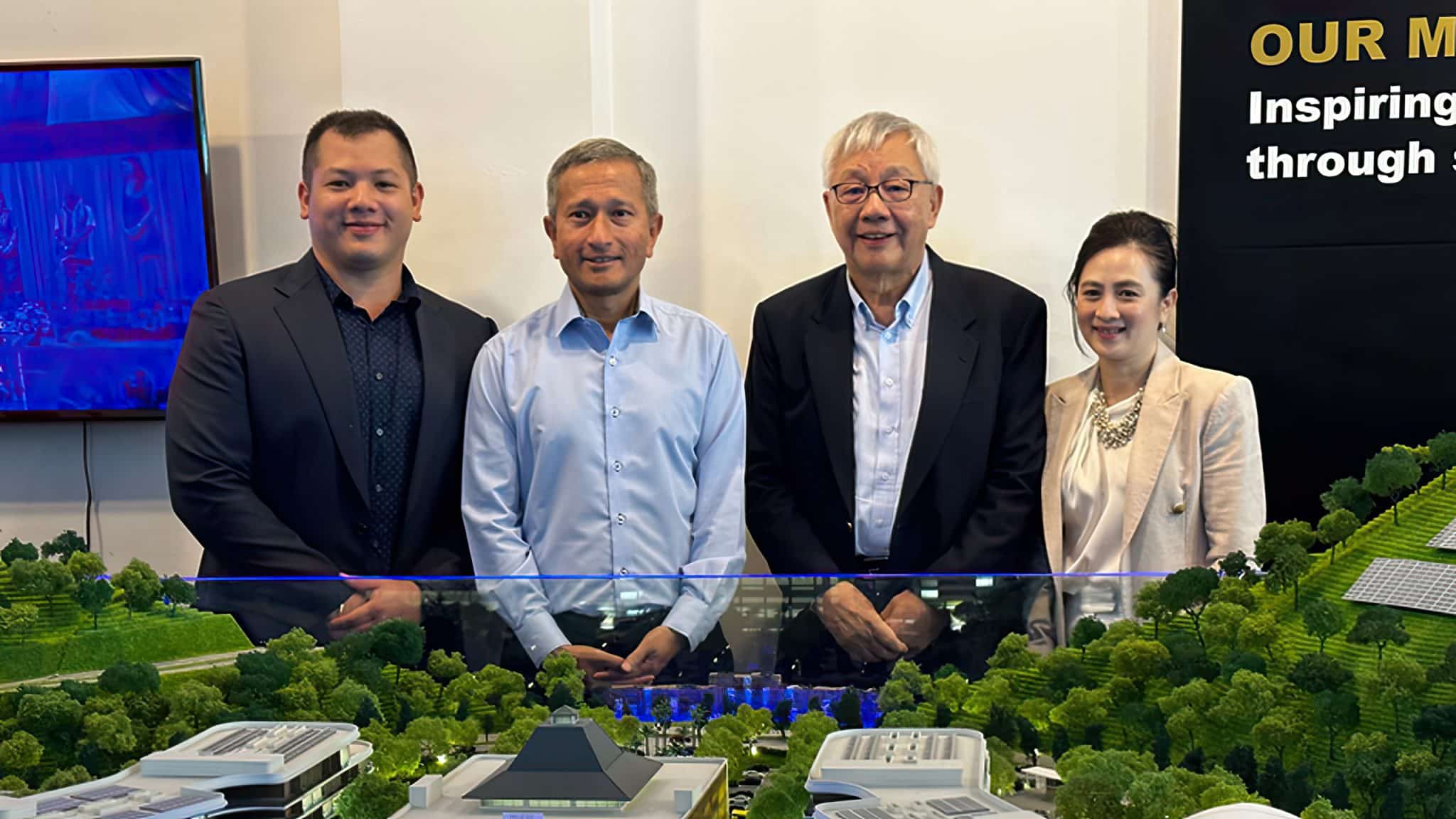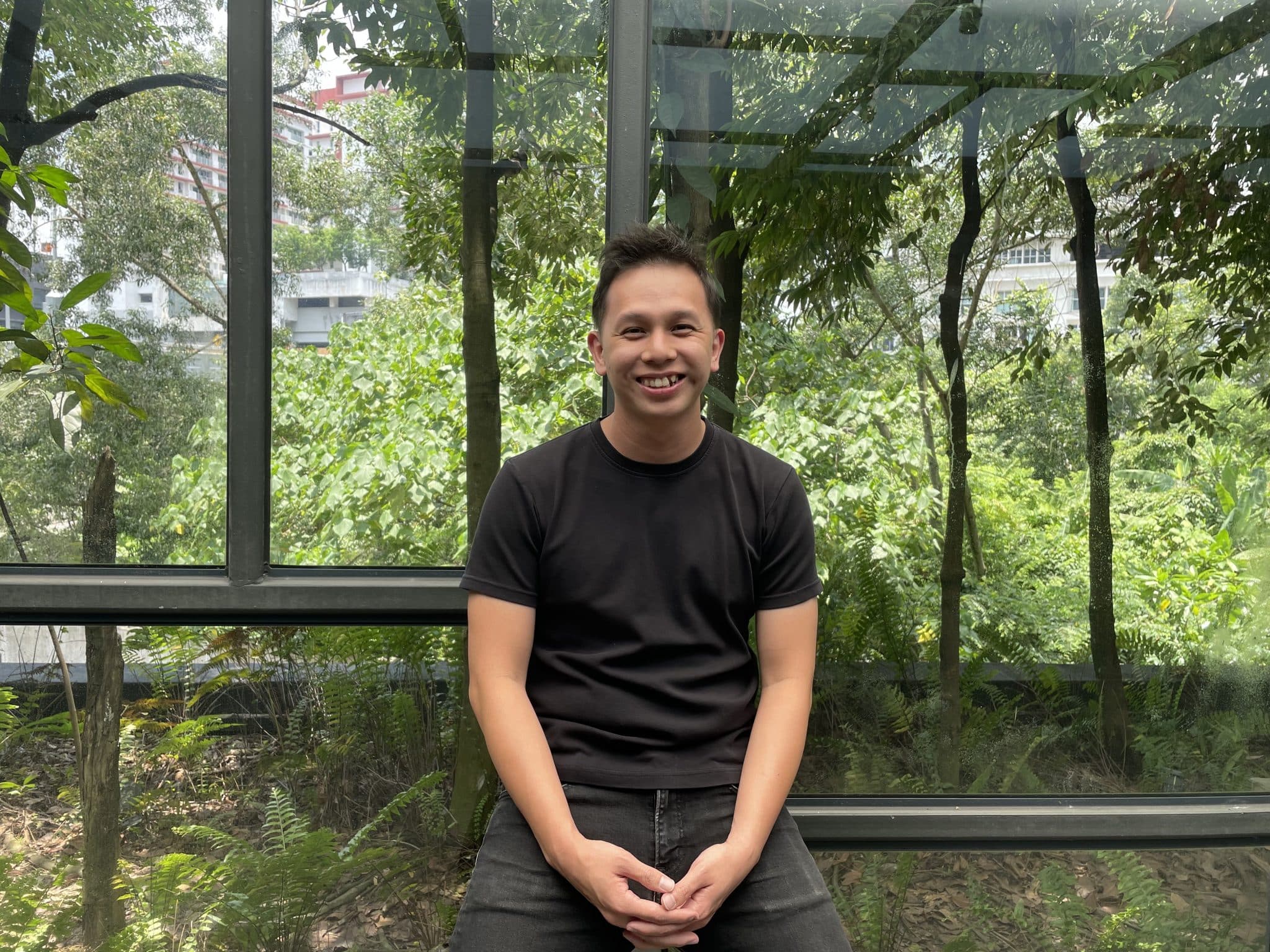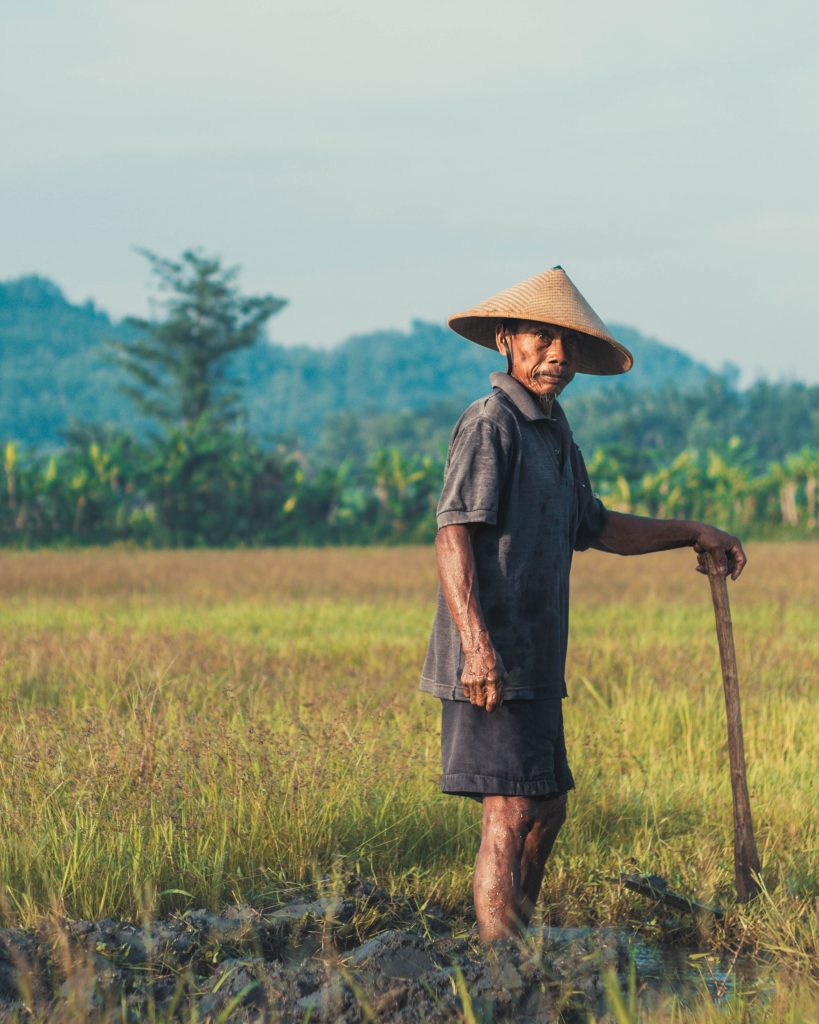
Sebastian Staines/Unsplash.com
A house made of plants? Sounds like something the big, bad wolf could huff and puff and blow down in no time.
It’s no wonder that construction materials technology veteran Tim Tan, 54, eyeballed the kenaf plant dubiously when he first laid eyes on it.
In fact, kenaf – a fast-growing herbaceous plant of the hibiscus family – had never been used in building and construction. That is, until Tan, who has 40 years of experience in concrete, cement, building mortar and construction chemicals, came along.
He discovered that kenaf fibre was “surprisingly strong and enduring”. It proved to be such a viable building option, in fact, that he would go on to build an entire for-profit enterprise around it.
Tan is executive chairman of Affordable Abodes, a Malaysia-based social enterprise that aims to provide affordable and sustainable housing solutions for low-income and marginalised communities in South-east Asia.
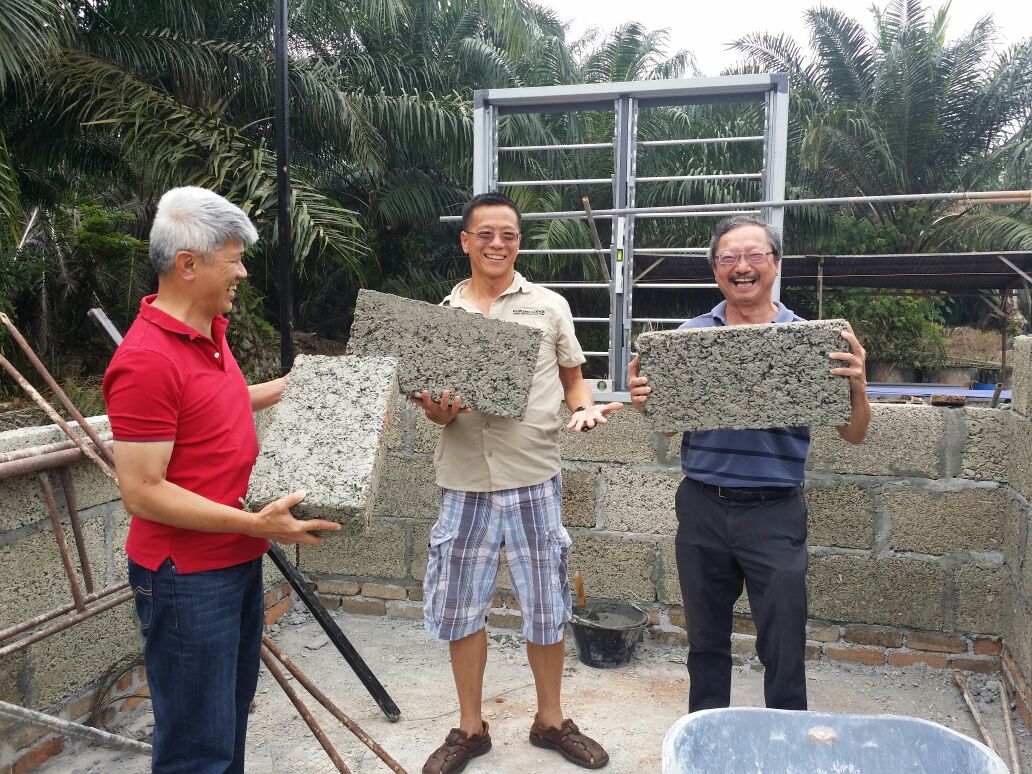
Tim Tan (centre) and partners with kenafcrete blocks used by Affordable Abodes
“Growing” their own home
This dream was sparked following his mission trips, where he saw an opportunity to do more to impact the communities that his church was reaching out to. After spending eight months working on a school building project in the mission field, it dawned on him that what the people really needed were homes.
“They were sending their kids to the church because we fed them – that was their only decent meal for the day. But they had no homes,” said Tan.
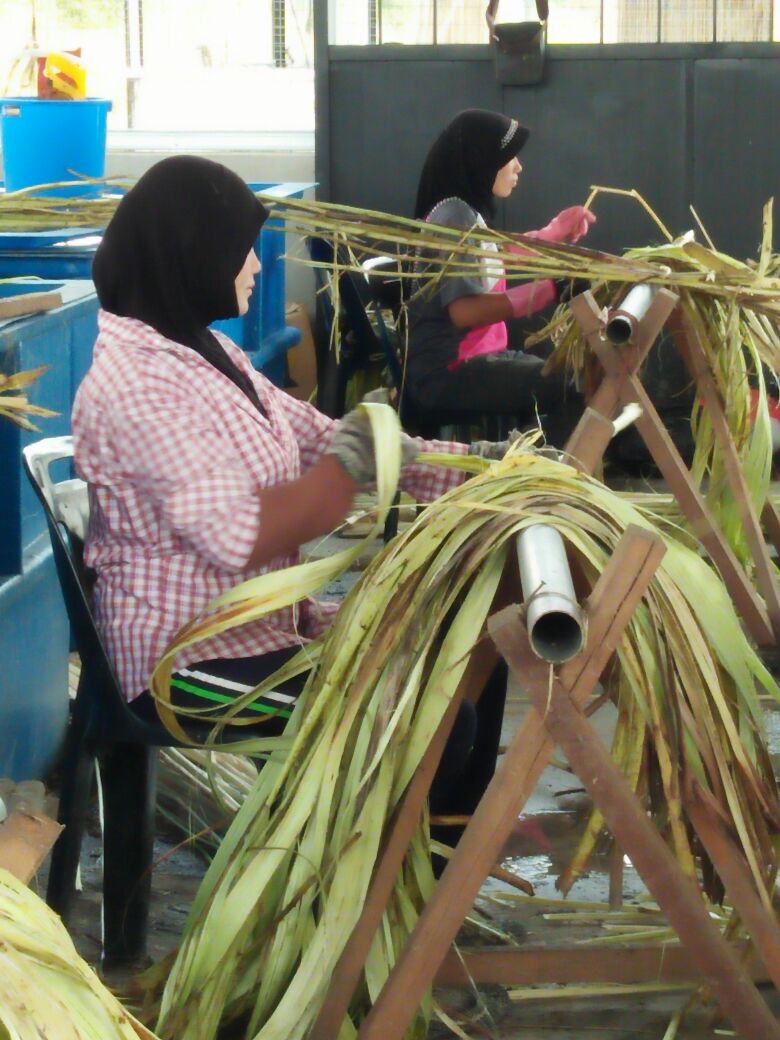
Workers processing the kenaf plant
With a fresh sense of purpose, he got in contact with Transformational Business Network (TBN) and took the plunge to start Affordable Abodes in 2016.
Affordable Abodes’ value proposition is to create a source of income for small plantations, and give farmers the ability to “grow” their own house. The company would purchase kenaf from the farmers and process it into kenafcrete and other materials before selling it directly to the market.
This arrangement effectively removes the middleman from the transaction, allowing the company to offer better prices to the farmers and pass on savings to the end-consumer.
“Typically, farming is low income because it is seasonal. But in this case, we are able to plant two-and-a-half crops a year, providing farmers with year-round income,” said Tan. “And we have good quality building materials for low-cost housing.
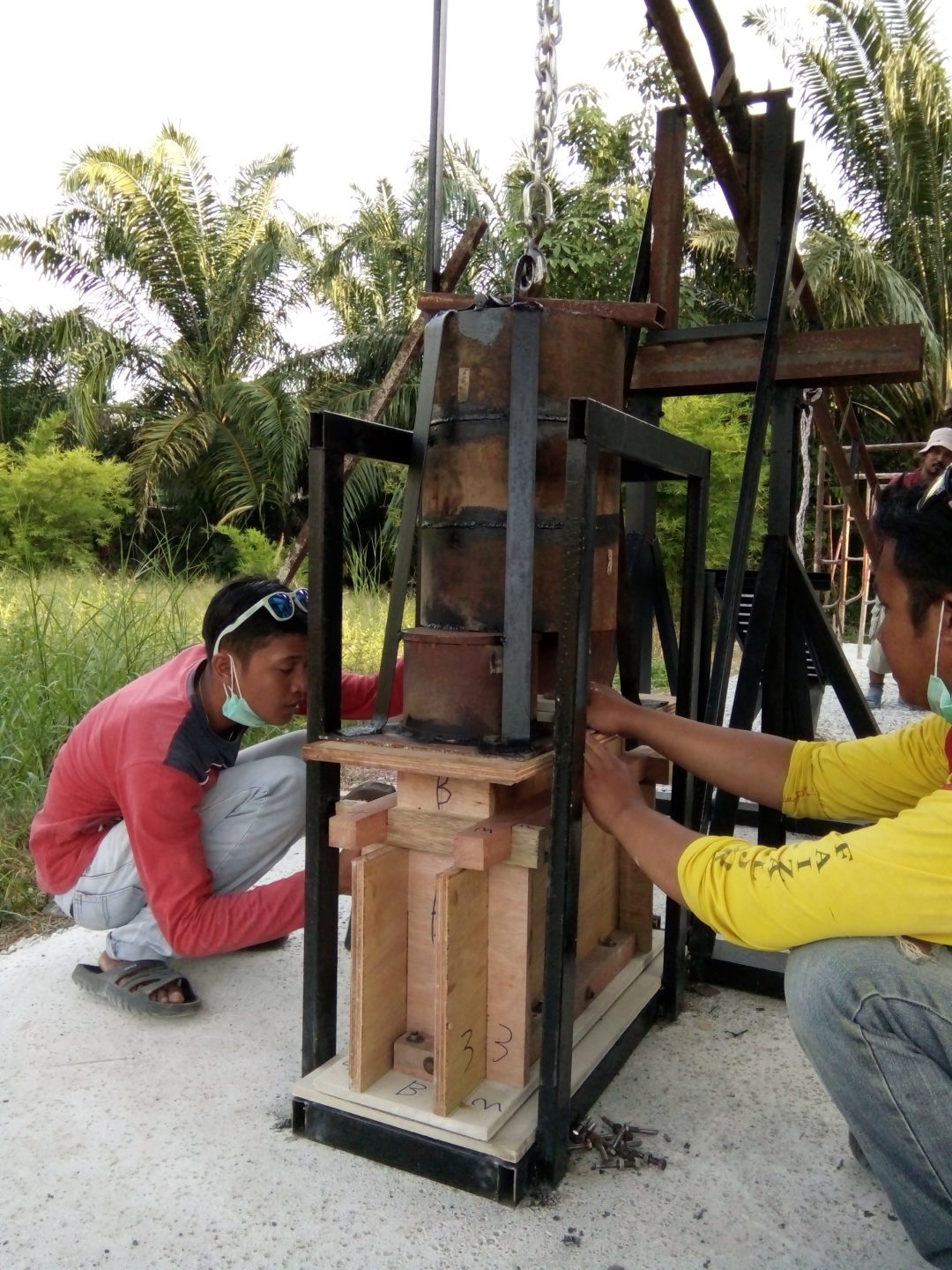
Making kenafcrete
The business of providing hope
“Beyond vocational training, it is important to share values,” the father of three boys shared. The locals had initially joined the company simply for the steady income stream that the job offered.
But when they finished constructing a house from kenafcrete, they understood that they were involved in something that can help their community.
To promote home ownership, Affordable Abodes has a programme where it builds a house for an employee who then pays for the cost via instalments deducted from his or her salary.
They recognise that Tan, through the company, is serious about helping them realise their dreams, which changed their perspectives and gave them a renewed sense of self-worth.
This was a ray of hope for the locals as, where he has set up business, gangs are rampant.
“Some of them have been told by their parents that they are good for nothing,” he explained. Many joined gangs in the hope of being taken care of.
Tan’s local business partner is a former gang leader who renounced his past life, removed his tattoos and now oversees hiring for Affordable Abodes.
In fact, Tan’s local business partner is a former gang leader who renounced his past life, removed his tattoos and now oversees hiring for Affordable Abodes. He travels to villages to find capable men to hire – some of whom are still gang members.
“It is not easy working with them but we try to,” said Tan. “If we find them suitable, I’ll ask them to strip off their tattoos and go tell their gang leader that they will have nothing to do with them anymore.
“Gang leaders don’t care because there are plenty more members. So that is an important message, even though it is not very loud; it is a very clear message that they are capable of doing better. They are just not given the opportunity.”
Staying the course
Have there been setbacks?
Tan laughs. “I have so many stories of what went wrong … you could say I’m an expert at telling you what not to do.”
The lowest point was being told by an expert that building houses from kenafcrete could not be done … after he and his team had slaved over research and development for over a year.
But his pioneering spirit and his drive to see the business proposition work for the locals kept him going.
“It feels good to know that we can make use of agricultural and industrial waste and upcycle them into something beneficial,” he said. His passion for the project saw him pumping three times more investment into the company than he had originally planned.
After seeing the first house go up in August 2016 – a simple, block house – the team’s perspective changed. “We wanted to know how far we could push this technology,” said Tan, whose team is now building another structure with a new, large-panel design.
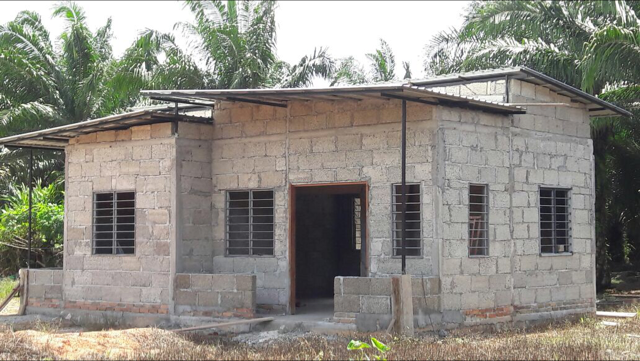
First prototype house
The prototype house is as yet uninhabited as it is still under observation for long-term durability performance – testing that will take three years.
“It is a long and winding road,” said the determined Tan. “The best way for me to help the communities is to impart knowledge. So I am planning a vocational school to be set up for rural entrepreneurs.
“There are many things we can create business from – farming, processing, manufacturing, construction. All these are stuff that kampong folks can already do. We just provide the business training.”
Not just vocational training
“My ultimate goal is to have the locals take over the business from me. When we exit from that business, we can go and replicate this in other places, then we can keep on multiplying, scaling the business,” said Tan, who is also exploring partnerships in Indonesia.
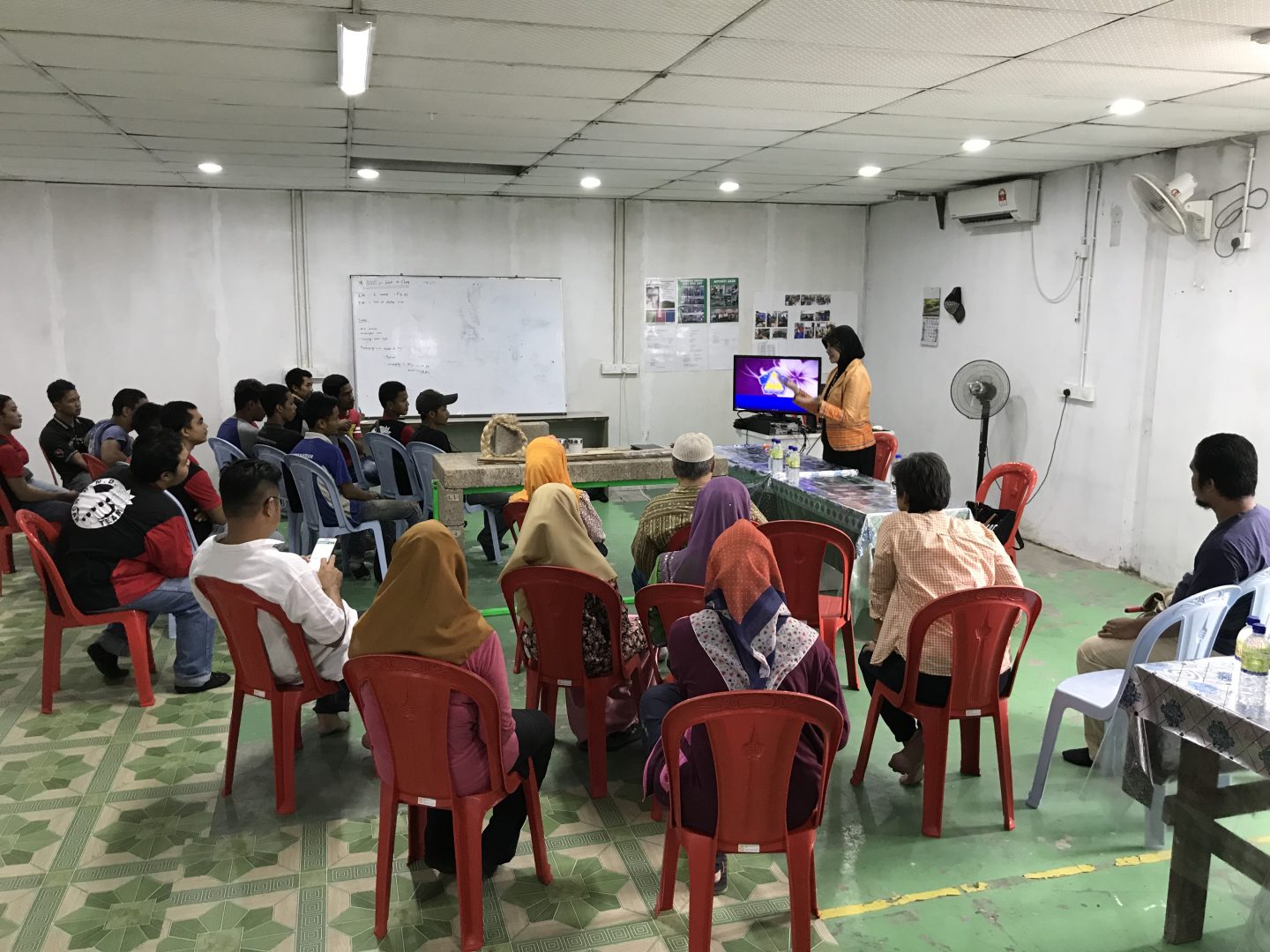
Workers attending vocational training
“We are looking for opportunities to make locals our business partners because these are the people who are going to execute the work, not us. We are just a conduit, a source of initial start-up capital funding,” he said. “But these are the people on the ground who are going to make it work. And hopefully, they will in turn pay it forward to their own village folk and help others in time to come.
“To me, witnessing and missions are really about the people. What they need, first and foremost, are food to eat, water to drink, shelter over their heads, education. If we can complete these things, we would be in line with God’s desire for His people.
“And the locals also ask why we are doing this for them. That is my mission – although it’s not by acts that we get to Heaven, we can certainly give of our time, talent and treasure, which helps spread the message that God is real and He has a heart for the needy.”
We are an independent, non-profit organisation that relies on the generosity of our readers, such as yourself, to continue serving the kingdom. Every dollar donated goes directly back into our editorial coverage.
Would you consider partnering with us in our kingdom work by supporting us financially, either as a one-off donation, or a recurring pledge?
Support Salt&Light